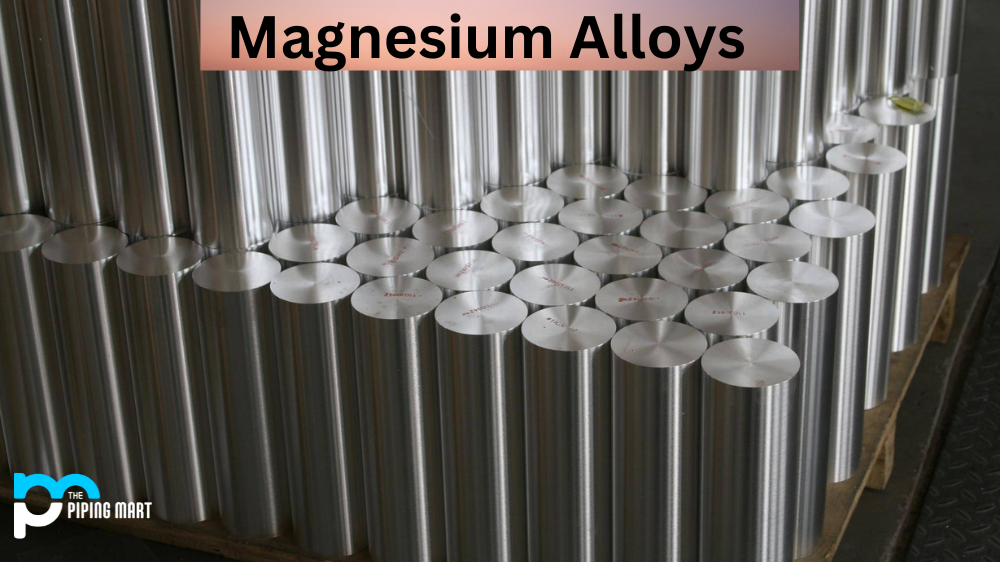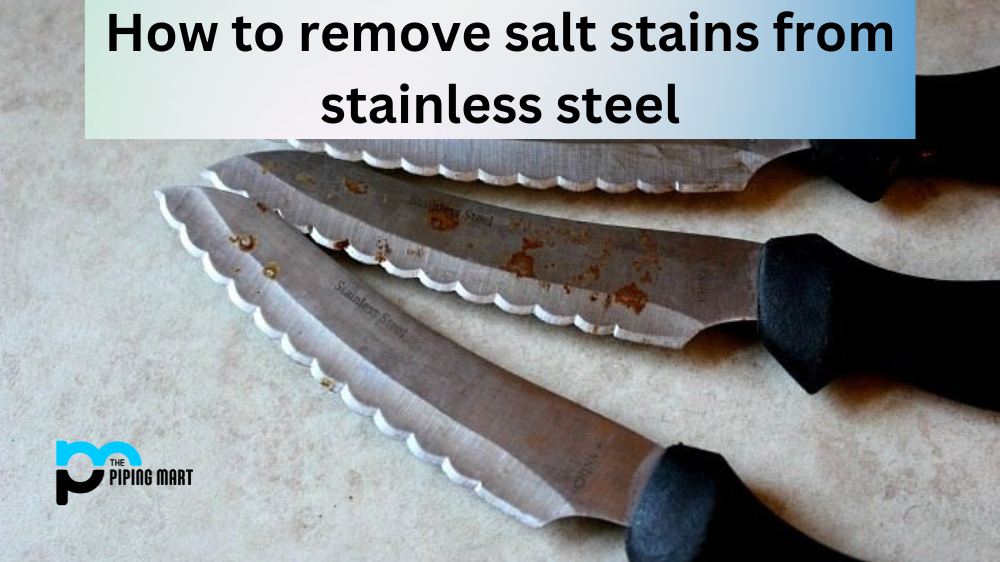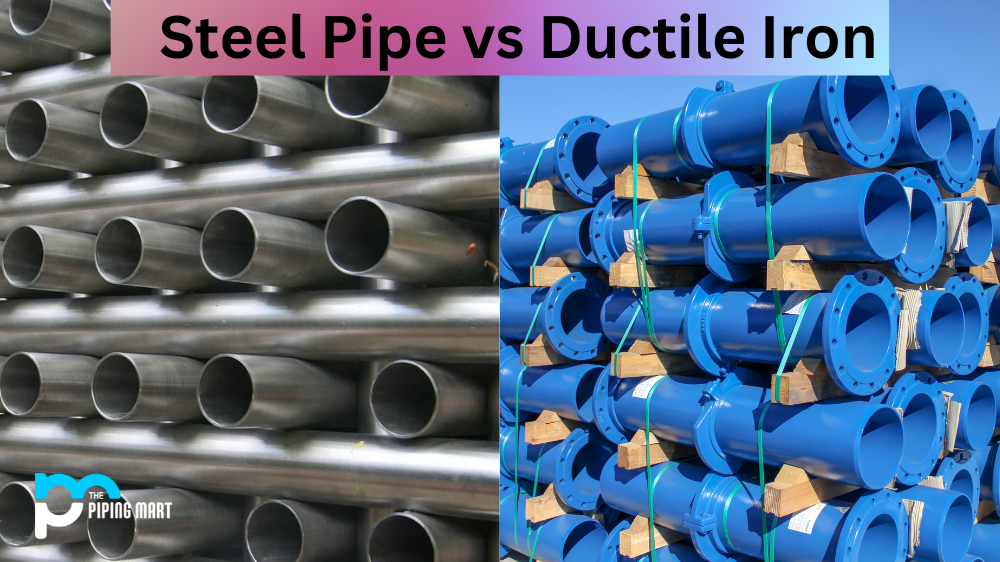Magnesium alloys are a type of metal that is incredibly popular in a wide variety of industries. From aircraft to automobiles, magnesium alloy components can be found throughout the world. But what exactly makes this alloy so special? In this article, we’ll explore the properties of magnesium alloys, including their strength, machining ability, corrosion resistance, and more.
Strength and Hardness
One of the most impressive traits of magnesium alloys is their strength and hardness. Not only are they exceptionally strong for their weight, but they also have incredibly high fatigue strength. This means that they can withstand repeated stress without breaking down or losing any durability. Additionally, magnesium alloys have excellent tensile strength, making them ideal for applications where high strain is expected. Finally, many types of magnesium alloy have superior impact resistance as well.
Machinability
Magnesium alloys are very easy to machine compared to other types of metal. This makes them suitable for parts that require complex shapes or contours with tight tolerances. It also makes it very easy to produce intricate parts in large quantities quickly and efficiently. As a result, magnesium alloys are often used to make components where precision and speed are paramount considerations.
Corrosion Resistance
The corrosion resistance of magnesium alloys is another one of its key advantages over other metals. The majority of these alloys are highly resistant to corrosion, even in harsh environments such as saltwater or extreme temperatures. Additionally, there are some specialized coatings available that provide even greater protection against corrosive agents such as acids or alkalis. As a result, magnesium alloys can be used in applications where exposure to corrosive materials is likely without any fear of degradation or damage due to corrosion over time.
Advantages of Magnesium Alloys
Magnesium alloys offer a number of advantages over traditional metallic materials due to their lightweight and corrosion-resistant properties. Not only are they easier to transport and require less energy for production compared to steel, but they also significantly reduce the overall weight of machinery or vehicles, which allows for higher performance and better fuel efficiency. Additionally, magnesium alloys do not require much maintenance over their lifespan, making them reliable even in harsh conditions. For these reasons, magnesium alloys have become the go-to metal for use in modern engineering applications such as automotive components, aircraft structures, mobile phones, and laptop frames. Clearly, the advantages provided by magnesium alloys make them an attractive option in any engineering project where weight savings is desired without sacrificing performance attributes.
Corrosion Prevention of Magnesium Alloys
Magnesium alloys are often chosen for their lightweight properties and their high strength-to-weight ratio, but they are notoriously vulnerable to galvanic corrosion when exposed to outdoor or wet environments. To minimize the corrosion of magnesium alloys, protective coatings such as anodizing, painting, and use of sacrificial anodes can prove beneficial. Additionally, surface treatments like solvent cleaning to remove superficial impurities and oxide films can also improve corrosion resistance when fused with a coating solution. By following these simple steps, manufacturers can successfully protect their metal investments without sacrificing the desired qualities of lightweight magnesium alloys.
Disadvantages of Magnesium Alloys
Magnesium alloys have been heavily used in the manufacturing industry due to their lightweight properties. However, one of the major disadvantages of this type of alloy is its lack of strength and durability compared to other materials. While it is lightweight, it sacrifices overall strength, which can lead to components wearing out more quickly than anticipated leading to frequent repairs or replacements. Additionally, magnesium alloys are highly flammable, so they must be treated with extreme caution whenever used near high heat or flame. Moreover, magnesium alloys tend to corrode easily when exposed to certain elements, including salts and sulfuric acid; this corrosion can damage the metal over time and lead to parts requiring replacement much sooner than expected. Overall, while there are many advantages of using magnesium alloys in the industrial setting, there are serious issues that need to be considered before making a choice to go with a magnesium alloy for any particular application.
Magnesium Alloy Density And Melting Point
Magnesium alloys have had a noted use in high-temperature applications due to their surprisingly low melting point. On average, most types of magnesium alloy can begin to melt at temperatures that range between 600°C and 650°C, which makes them ideal for extreme heat applications. On the other hand, density is also an important factor when considering this type of alloy. Magnesium alloys typically have a density range of 1.74-2.81 g/cm3, which helps to make them an effective choice for lightweight projects such as automotive or aerospace parts. Therefore, despite having a low melting point, its lighter weight is compensated for by its higher strength than many other metallic materials given the same density.
Magnesium Alloy Types
Magnesium alloys are renowned for their strength, lightweight properties, and recyclability, making them an ideal material choice in a wide array of applications, such as automotive components and aerospace structures. Different types of magnesium alloys provide specific sets of characteristics that allow engineers to find the best alloy for their needs. Primary sub-alloys of the material include AZ31, AZ61, and AM50, which offer tensile strengths ranging from 270MPa to 420MPa, respectively. Each type offers varying levels of corrosion resistance, ductility, and weldability so designers can pick the alloy which is most suitable for their purposes. Magneto-Gravity Cast (MGC) process also integrates with different magnesium alloys to maximize formability while maintaining accuracy in part dimensions. Because of this versatility, magnesium alloys have become a key factor in modern technologies.
Conclusion:
All in all, it’s clear that magnesium alloys have many excellent properties which make them highly desirable for a wide range of applications across various industries. With its low density yet high strength and machinability capabilities combined with great corrosion resistance and impact resistance capabilities – it’s no wonder why so many businesses choose this type of alloy for their manufacturing needs! Whether you need parts that are light yet strong or resistant to environmental factors – there’s no better choice than a quality magnesium alloy product!
Meet Heer, a dynamic and driven writer learning tricks of her trade in the metal industry. With a background in Digital Marketing, Heer brings a unique perspective to her writing, sharing valuable insights. Apart from blogging she like reading and hiking.




